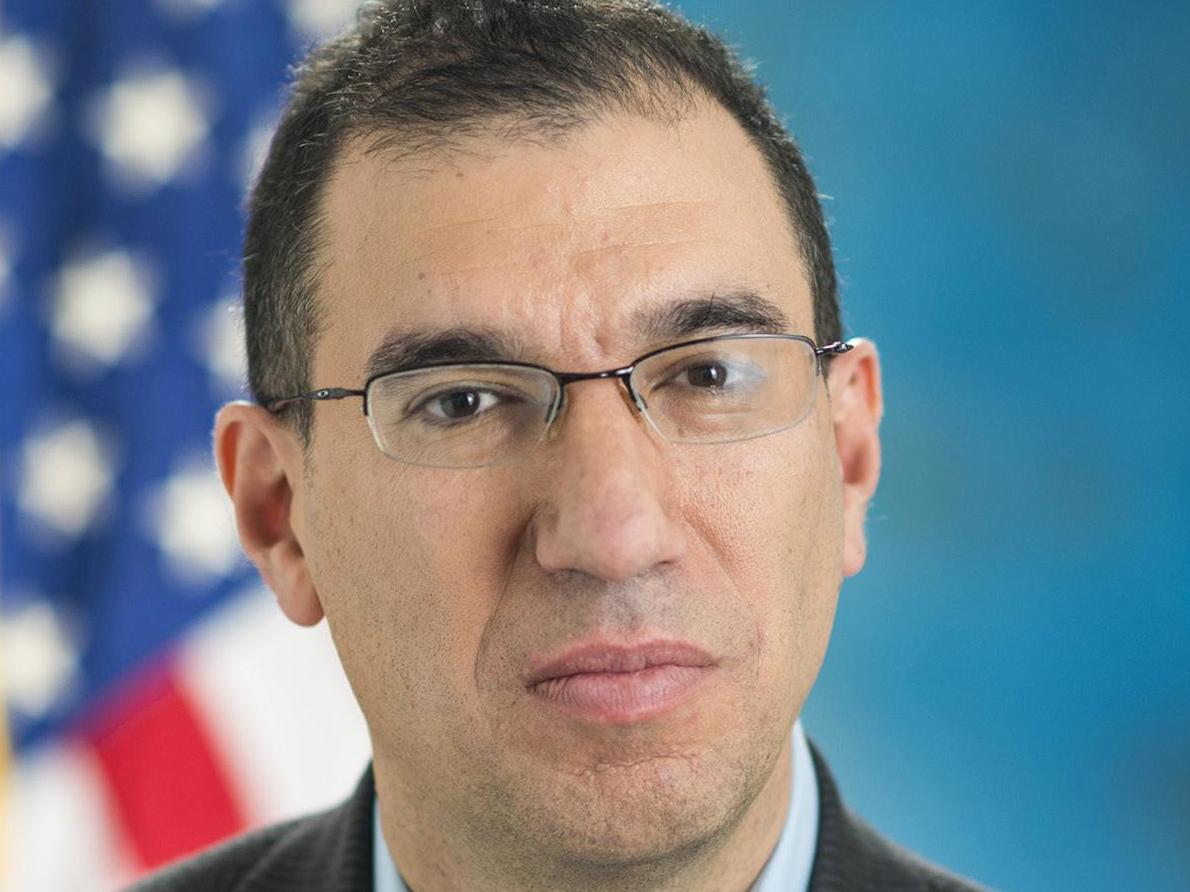

There are a number of things that we can work on constructively to make insurance more affordable for people, to make insurance more competitive. If this legislation fails in the Senate, I do think we'll have an opportunity. This is really an interesting question because I actually am a big believer in bipartisanship, in large part because I don't think our country deserves to go through the back-and-forth of changing our health care system every election cycle.īut the only way bipartisanship happens is if partisanship fails. If the Republican proposal does not pass, what could and should be done to strengthen what's already there? You've talked about how the Affordable Care Act isn't perfect. That's just not a national concern for us right now.
ANDY SLAVITT HOW TO
The problem we don't have is how to help 27-year-olds get cheaper insurance. The problem our country has is how to help people who are in the lowest economic straits, who have the most health challenges, get access to affordable coverage and, indeed, get well.

In fact, people who are over 50, many of them would be asked to pay as much as 50 percent of their income, and that's all in order to make the policies cheaper for younger people. The challenge of course is that if you're over 50, or if you're sick, or if you live in rural areas and if your income is low, you pay the price.

It will cover a lot less, but that may not be a problem to you. If you are younger and don't get your insurance through your employer, your insurance will be cheaper. If you are a 27-year-old person who makes $70,000 a year and has no illness, this is a good bill for you. There are choices and trade-offs made within bill that we should acknowledge. And we know that there needs to be something that helps keep healthy people in the pool, because if we leave people to their own devices to buy health insurance when they get sick, that will just drive the cost up for everybody. Well, the individual mandate is about as popular as vegetables are with my kids. And that this new proposal would allow people to have more choice. Supporters of the Republican plan say the Affordable Care Act's individual mandate forced people to do something they often didn't want to do.


 0 kommentar(er)
0 kommentar(er)
